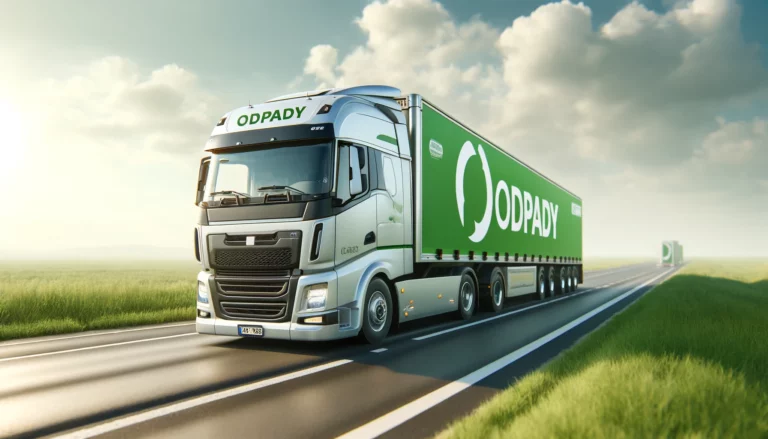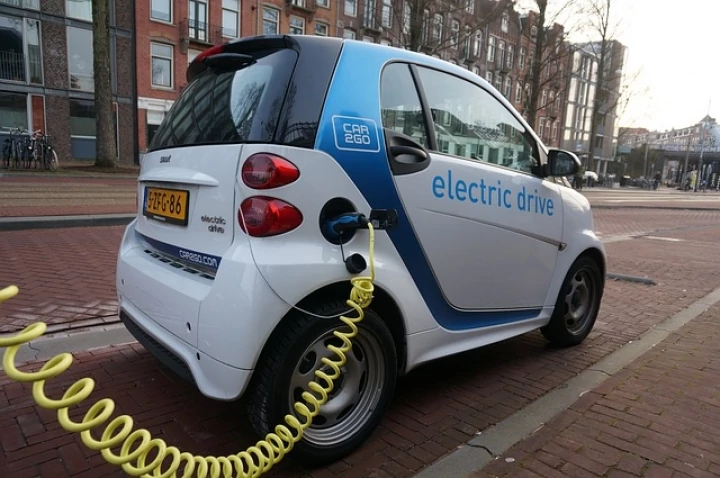Britain after Brexit: How has waste transport changed?
Brexit became a reality in early 2020. Phe UK has seen significant changes for many industries, one of which is the waste transport industry. In this article, we will explore how regulatory changes and new challenges have affected the way the UK deals with waste - from permitting to border procedures.
Contact for permission to transport waste in England:
e.nadolna@ekologistyka24.pl , +48 881 045 376
j.blazewicz@ekologistyka24.pl , +48 500 867 153
Historical and regulatory context
Before Brexit, European Union regulations have had a decisive impact on waste management in the UK. A key element was the Waste Directive (2008/98/EC). It promoted a waste hierarchy favouring waste prevention, preparation for re-use, recycling, other recovery methods and, lastly, disposal.
After Brexit, the UK has had to redefine its approach to the regulation of transport of waste. New legislation introducing rules such as the ban on shipping plastic waste to non-OECD countries, which came into force in 2021, requires companies to obtain special permits to export waste, adding to bureaucracy and costs. However, such a permit is only half the battle. You still need to find a company to transport the waste to the designated country within or outside Europe. And only a haulier with waste transport permit can undertake such a task.
New challenges for waste shipments
Customs duties and tariffs on waste shipments have become one of the biggest challenges. For example, tariffs on metal waste exports can reach up to 10% of export value. This, unfortunately, significantly increases operating costs for UK companies.
Changes to border procedures have also significantly affected the efficiency of waste shipments. The introduction of additional controls and documentation for trucks crossing the border from the EU has resulted in delays and further increased costs.
The waste industry's response to Brexit
Undoubtedly, companies in the waste industry have been quick to adapt to the new reality. Some have even invested in technological innovations, such as advanced waste sorting systems that minimise the amount of waste requiring export. Other companies have focused on developing local recycling markets to minimise reliance on exports.
Impact on sustainability and ecology
Brexit may have affected the UK's sustainability commitments. Exiting the EU meant greater freedom to shape its own regulations. However, there have been concerns that this could lead to lower environmental standards. Nevertheless, stepping up local recycling efforts could help the UK maintain and even improve its green credentials. However, we still have to wait for the effects of these measures.
Waste transport in the UK after Brexit also faces new challenges, but also opportunities to innovate and develop internal markets. Adapting to new regulations and increasing the efficiency of local recycling operations will be key to the future growth of the industry.







